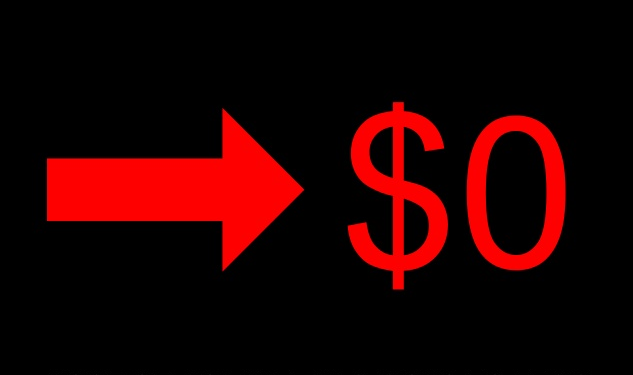
It could be argued that Netflix means nothing for Australian television viewers – all programming is already available free, stolen or bought – and yet…
Foxtel has just paid up big time (with Seven Network) for AFL rights, with Nine also bidding double for the NRL. And effectively, there was no other bidder in the room. (Remember, all sport must be offered to free to air TV, so after Nine bought ARL, that locked Seven out. We are talking several billion dollars – double the previous deals.)
There is some fine work out there dealing with the impact of on-line aggregators and the way they harvest value chains. It basically suggests that the low-cost operator gets that way by chopping  out parts of the distribution value chain (the bit in warehouses which we used to think of as wholesale, for example) and then bringing the offering to the consumer at a better price. And because the model harnesses technology, it scales. (This used to be thought of as cutting out the middle man, and is hardly new.)
out parts of the distribution value chain (the bit in warehouses which we used to think of as wholesale, for example) and then bringing the offering to the consumer at a better price. And because the model harnesses technology, it scales. (This used to be thought of as cutting out the middle man, and is hardly new.)
Netflix does the same – bypassing the traditional media gate-keepers, including free to air and Foxtel.
This aggregation model started first when the product was digital – information in newspapers for example, or music, entertainment and classified sites.
But the genie is out of the digital world and now operates physically. Think about Uber. It uses technology to aggregate taxi services and by providing a better user experience, and has achieved scale. Is Cabcharge impacted? Most def…
Or Airbnb. It may only be a booking engine, but it drives physical consequences – you in a room on the other side of the world.
So what? It has clearly been a mistake to assume that Australia will be immune from this simply because it is not geographically proximate, as Foxtel or Nine network can tell you.
What happens in the next couple of years when Amazon finally gets its act together and opens a distribution centre, or a big on-line bank decides to “open” in Australia against CBA or Westpac? Arguably nothing will change – folk can already buy goods from Amazon or bank with Citi.
And yet… we see both broadcasters crippling themselves and hurting shareholders with onerous liabilities to lock in viewers using their last remaining (semi-)exclusive property. Thinking about retail, we have only to look at the wasteful rear-guard action from Woolies (with Masters, against Bunnings) to see how hard incumbents must fight just to preserve their positions.
Read more about disruption and its impact on investment here.
Share this Post


